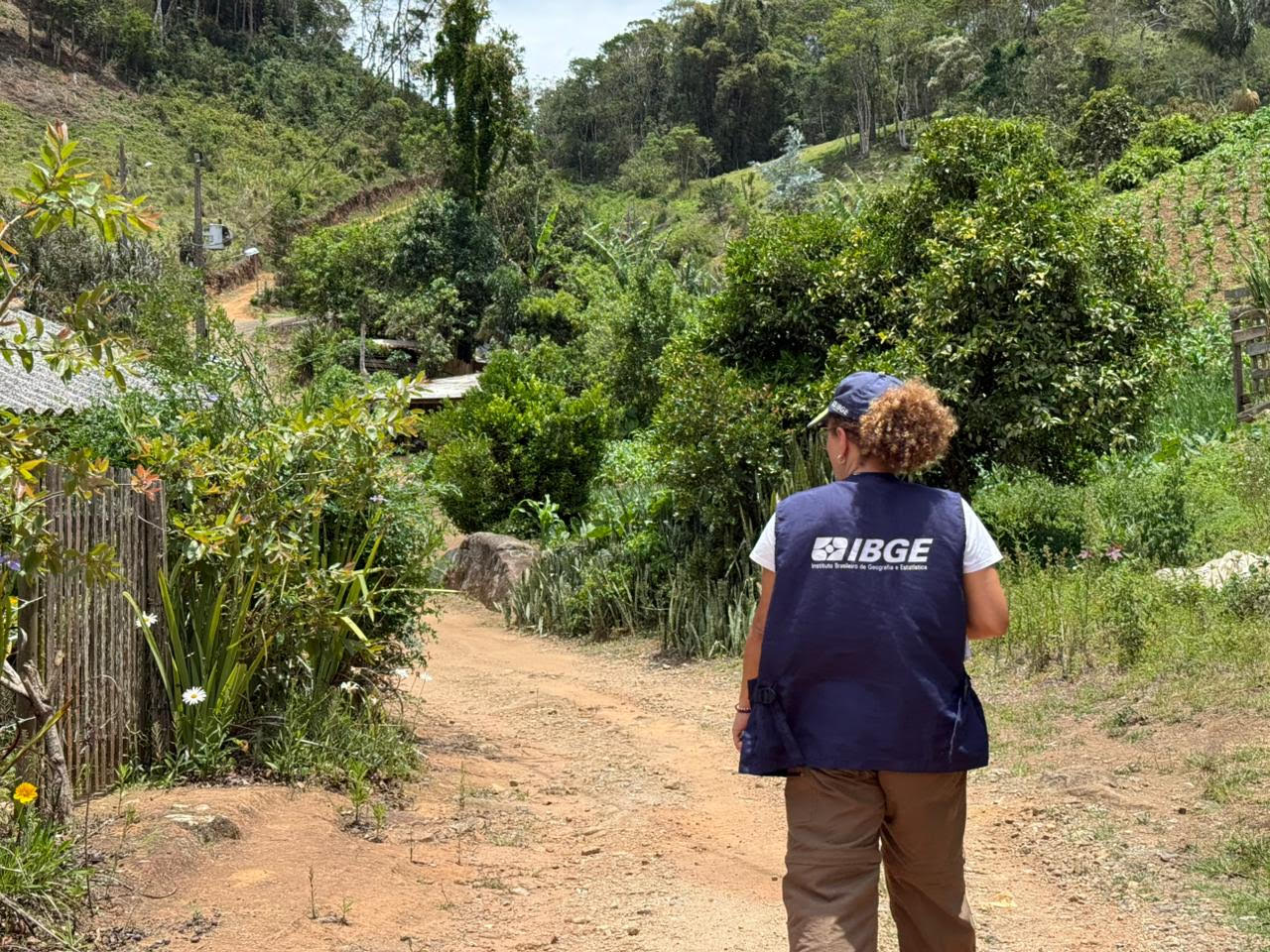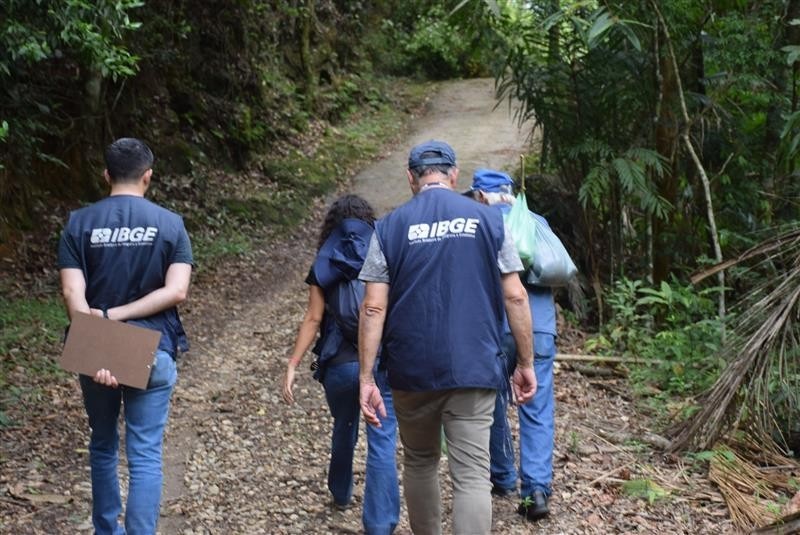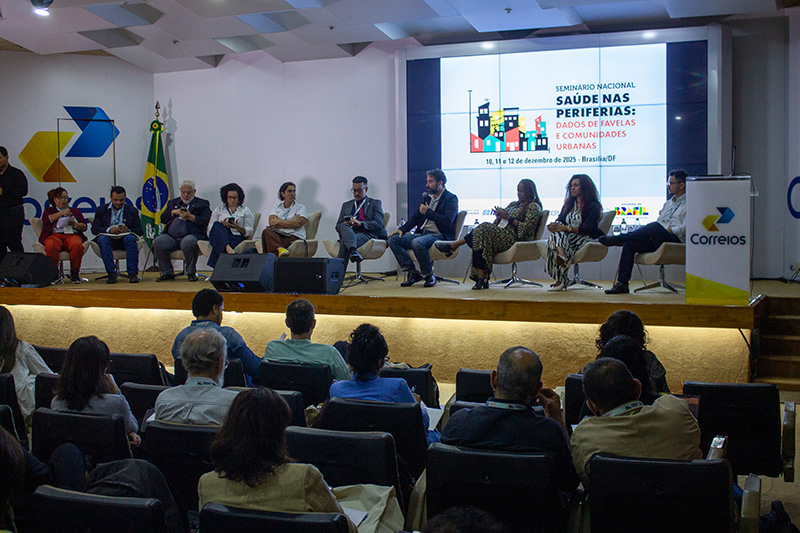National industry
National industrial output changes -0.3% in February
April 03, 2024 09h00 AM | Last Updated: April 05, 2024 03h03 PM

The industrial output in Brazil changed -0.3% between January and February. It was the second negative figure in a row, accumulating a drop of 1.8%. These are the results of the Monthly Industrial Survey - PIM, released today (3) by the IBGE. With this result, the national industry was 1.1% below the pre-pandemic level (February 2020) and 17.7% below the record level of May 2011.
Compared with February 2023, industry grew 5.0%, registering the seventh consecutive positive figure in this index. Compared with the same period in 2023, the cumulative index for January-February 2024 was 4.3% and the cumulative rate in the last 12 months stayed at 1.0%, stepping up the growth pace over the results of January 2024 (0.4%) and December 2023 (0.1%). The result had been -2.5% in February 2023.
Between January and February, only one out of four broad economic categories and ten out of 25 sectors surveyed reduced their output. Among the activities, the most important negative influences were recorded by chemicals (-3.5%), mining and quarrying industries (-0.9%) and pharmaceuticals (-6.0%). “The first activity offsets part of the expansion of 7.4% reported last January. The second activity accumulates a loss of 7.8% in two consecutive months of drop in the output, whereas the last one retreats once again after growing 16.1% in the previous month,” explains André Macedo, manager of the survey.
Among the activities that increased their output, motor vehicles, trailers and bodies (6.5%) and pulp, paper and paper products (5.8%) exerted the major positive impacts in February 2024. It is the third consecutive month of growth in the output of both activities, with an expansion of 14.2% and 7.8%, respectively. “It should also be highlighted the advances registered by the sectors of non-metallic mineral products (4.5%), rubber and plastic products (3.0%), computer equipment, electronic and optical products (4.2%) and electrical machines, appliances and material (2.4%),” completes Macedo.
Concerning the broad economic categories, intermediate goods retreated 1.2% in February over January, the only negative rate. “It was the second month of drop in a row, accumulating a loss of 3.9% in this period,” reminds the researcher. Among those growing, the segment of durable consumer goods stands out by advancing 3.6% and recording the steepest growth this month, after advancing in January 2024 (1.5%) and December 2023 (6.6%) as well. Capital goods (1.8%) and semi and non-durable consumer goods (0.4%) also reported positive figures.
Industry advances 5.0% over February 2023
Comparing with the same month in the previous year, the national industry advanced 5.0% in February 2024, with positive figures in four broad economic categories, 20 out of 25 sectors, 55 out of 80 groups and 57.7% of the 789 products surveyed. “It should be mentioned that the result this month had a widespread profile of positive rates and it was the highest one since June 2021 (12.1%), not only influenced by the low comparison basis, but also by the calendar effect, since February 2024 had 19 business days, one more business day that February 2023, which had 18 business days,” reinforces Macedo.
Among the activities, the major positive influences were reported by food products (8.3%), coke, petroleum products and biofuels (7.5%), mining and quarrying industries (5.3%) and motor vehicles, trailers and bodies (9.8%). The sectors of computer equipment, electronic and optical products (18.1%), pulp, paper and paper products (7.9%), electrical machines, appliances and material (11.0%), beverages (7.3%), rubber and plastic products (5.8%), wood products (16.0%), non-metallic mineral products (5.8%), leather, travel articles and footwear (9.3%) and other transportation equipment (9.6%) reported positive performances as well.
Among five activities that reduced their output, pharmaceuticals (-17.5%) exerted the biggest influence, with the sector of maintenance, repair and installation of machinery and equipment (-8.3%) registering an important impact as well.
Among the broad economic categories, durable consumer goods grew 9.3% in February 2024 compared with February 2023, recording the sharpest expansion among the broad economic categories. Capital goods (5.3%), intermediate goods (5.1%) and semi and non-durable consumer goods (4.8%) complete the list.
More about the survey
PIM Brazil has been producing short-term indicators since the 1970s regarding the behavior of the real product of mining and quarrying and manufacturing industries. March 2023 marked the beginning of the release of the new time series of monthly indexes of the industrial production, after a redesign to update the sample of activities, products and informants; create a new weighting structure of the indexes based on the most recent industrial statistics; update the base year of reference of the survey; and incorporate new Federation Units in the release of regional results of the survey. These methodological changes are required and aim at incorporating the economic transformations of the society. The survey results can also be consulted at the Sidra database.
The next release, related to March 2024, will be on May 3. The survey results can also be consulted at the Sidra database.


















